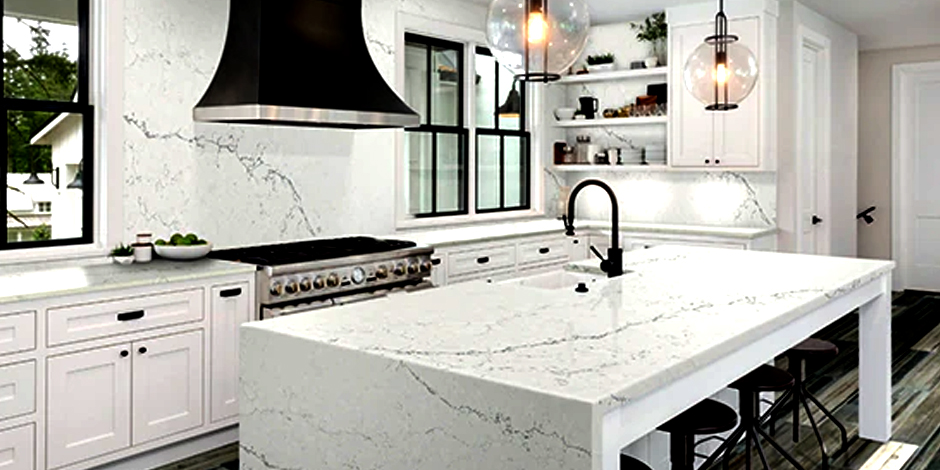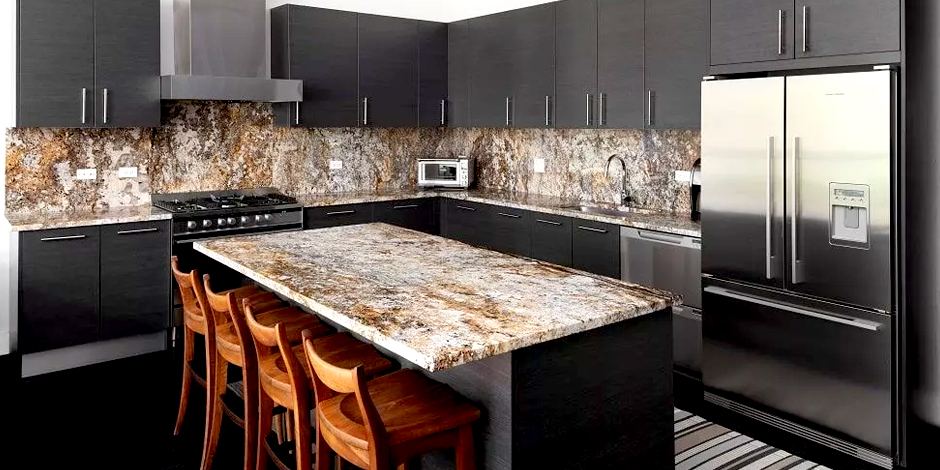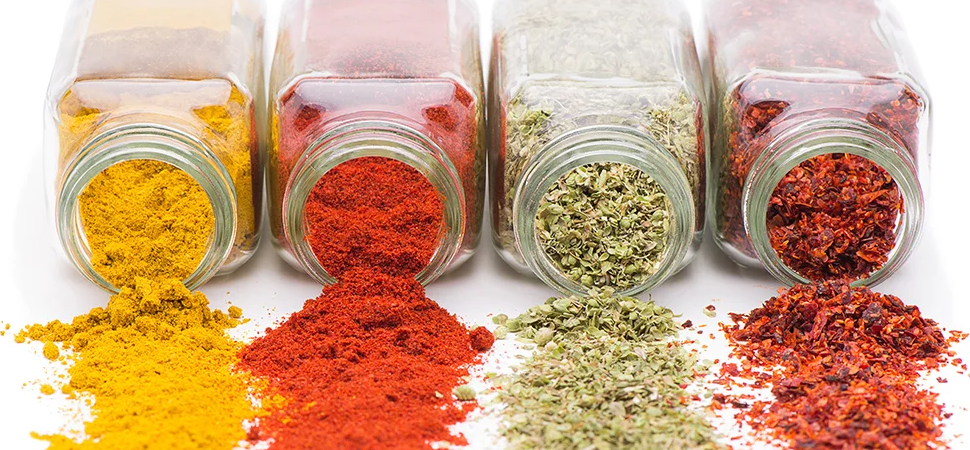Restoration of quartz countertops can be a delicate process, as it requires proper handling and care to avoid damaging the surface. Here are some dos and don’ts to keep in mind when restoring quartz countertops:
Dos:
- Use a non-abrasive cleaner: When cleaning quartz countertops, it is essential to use a non-abrasive cleaner. Avoid using harsh chemicals or abrasive cleaners, as they can scratch the surface of the quartz.
- Clean spills promptly: Clean up any spills immediately to avoid staining the countertop. Restoration Quartz Countertops to staining, but it is still advisable to clean up spills quickly to prevent any potential damage.
- Use a cutting board: Avoid cutting directly on the quartz surface. Use a cutting board to protect the countertop from scratches and damage.

- Use trivets and hot pads: Place trivets or hot pads under hot pots, pans, and dishes to avoid thermal shock and cracking the quartz.
- Use a microfiber cloth: Use a microfiber cloth to clean and polish the quartz surface. Microfiber is gentle and will not scratch the surface of the countertop.
Don’ts:
- Use abrasive cleaners: Do not use abrasive cleaners, scouring pads, or steel wool to clean quartz countertops. These can scratch the surface and dull the finish.
- Use acidic cleaners: Avoid using acidic cleaners, such as vinegar or citrus-based cleaners, as they can etch and damage the surface of the quartz.

- Use harsh chemicals: Do not use harsh chemicals, such as bleach, ammonia, or oven cleaner, on quartz countertops. These chemicals can damage the surface and cause discoloration.
- Place hot objects directly on the surface: Do not place hot pots, pans, or dishes directly on the quartz surface. Thermal shock can cause the countertop to crack or discolor.
- Use a metal scraper: Do not use a metal scraper or knife to remove any dried-on food or debris from the quartz surface. These can scratch the surface and cause damage. Instead, use a plastic scraper or a soft-bristled brush.







 Content Writing
Content Writing Video Marketing
Video Marketing Graphic Design
Graphic Design Lead Magnet Creation
Lead Magnet Creation Content Marketing
Content Marketing